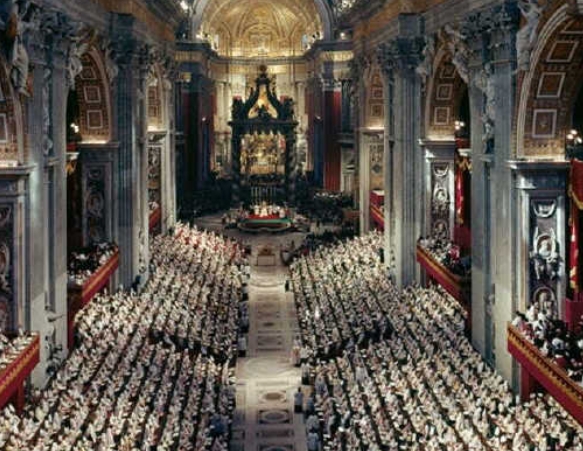Exploring the Legacy of Vatican II: How the Second Vatican Council Transformed the Catholic Church
The Second Vatican Council, also known as Vatican II, was a historic event in the Catholic Church that took place from 1962 to 1965. It sought to modernize the Church and bring it into closer alignment with the realities of the modern world.
Embracing Change
One of the key aspects of Vatican II was its emphasis on embracing change and engaging with the world. The council sought to reform various aspects of the Church, including liturgy, theology, and the role of the laity.
Liturgical Reforms
One of the most visible changes to come out of Vatican II was the reform of the liturgy. The council promoted the use of local languages in the celebration of the Mass, as well as a greater emphasis on active participation by the congregation.
Ecumenism and Interfaith Dialogue
Vatican II also emphasized the importance of ecumenism and interfaith dialogue. The council sought to foster greater unity among Christians and promote understanding and cooperation with people of other faiths.
Empowering the Laity
Another key aspect of Vatican II was the emphasis on the role of the laity in the Church. The council sought to empower lay people to take on greater roles and responsibilities in the Church, and to live out their faith in the world.
Challenges and Controversies
While Vatican II was a time of great reform and renewal in the Catholic Church, it also faced challenges and controversies. Some traditionalists within the Church resisted the changes brought about by the council, leading to divisions and tensions within the Church.
Legacy and Impact
Despite the challenges it faced, Vatican II had a profound impact on the Catholic Church and on the broader world. Its reforms continue to shape the Church to this day, and its emphasis on engagement with the world and ecumenism have had a lasting influence on the Church’s mission.
In conclusion, Vatican II was a transformative event in the history of the Catholic Church. Its reforms have had a lasting impact on the Church, helping it to engage more effectively with the modern world and to promote unity and understanding among Christians and people of other faiths.

